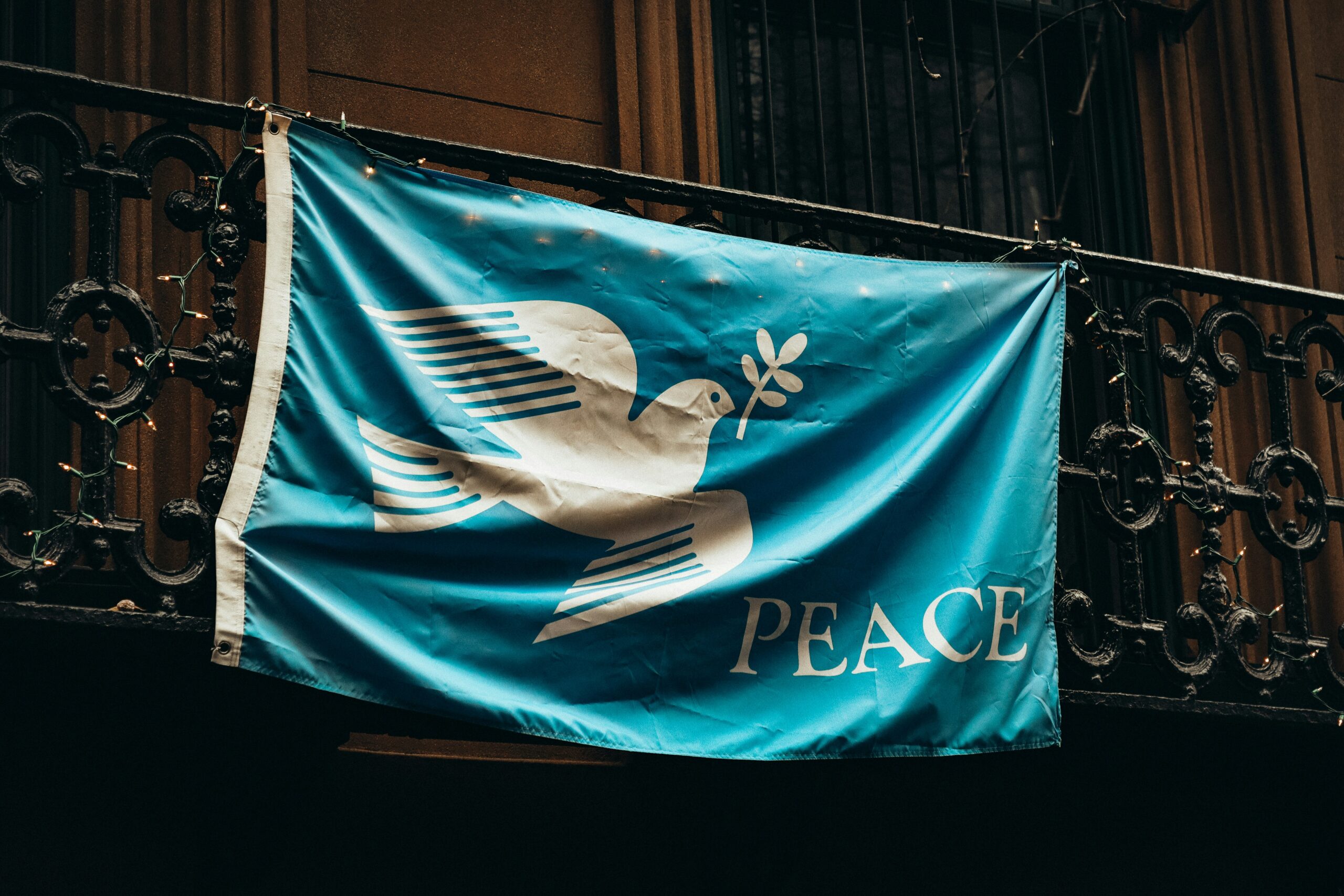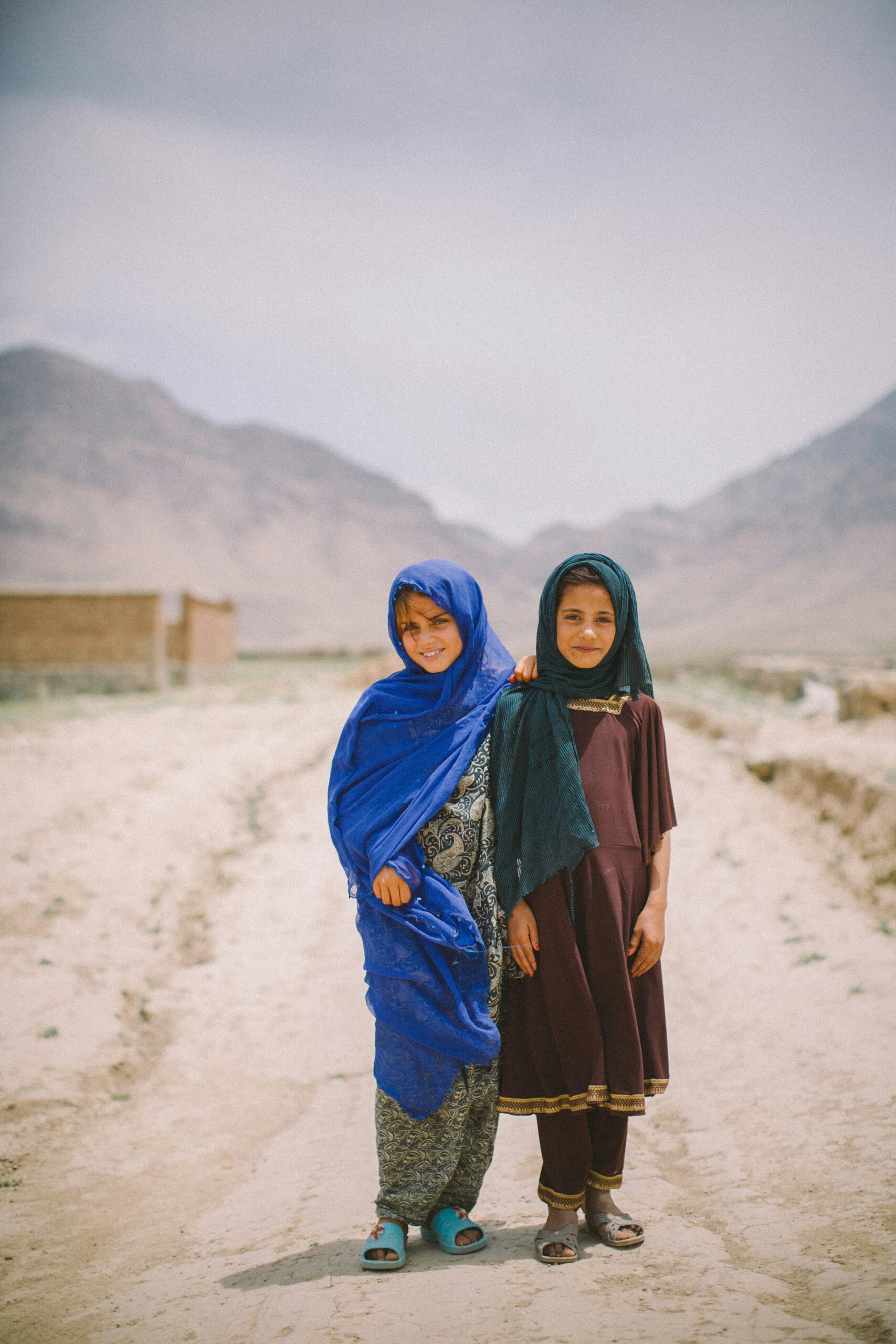CEO Insight: Law, Justice, and the Eradication of Poverty

“Poverty is a denial of human rights for every individual. Indeed, poverty is utterly appalling.”
When Kofi Annan spoke these words in 2002, he captured a truth that remains as urgent today as it was two decades ago. As we mark the International Day for the Eradication of Poverty today on 17 October, we are reminded that poverty is not only an economic condition it is a profound injustice that undermines human dignity and opportunity in every form.
Officially recognised by the United Nations in 1992, this day stands as a call to action: to stand in solidarity with those who continue to experience hardship, exclusion, and inequality. At A4ID, we believe that the law is one of the most powerful tools to address this injustice. Law shapes systems, enforces rights, and creates opportunities where once there were none.
Two Decades of Justice in Action
Next year marks A4ID’s twentieth anniversary – two decades of partnership, perseverance, and purpose. Born from a simple but radical belief that the law can be a force for sustainable change, A4ID has brought together lawyers, development organisations, and innovators to tackle some of the world’s most complex challenges.
As we approach this milestone, one lesson stands out clearly for me: when people and purpose align, the law can transform lives.
After the 2014 Ebola outbreak, A4ID partnered with Médecins Sans Frontières (MSF) to help establish the world’s first Centralised Ebola Platform. Through legal insight and innovation, we supported the development of an app designed to improve coordination and response during future health crises – a reminder that law, when applied creatively, strengthens the systems that safeguard life.
In Kenya, our collaboration with Still I Rise helped establish the world’s first free international school for refugee children. Through pro bono legal expertise, from navigating education regulations to preparing Ministry submissions – we helped turn a vision into reality. Those children now have access not just to education, but to hope, belonging, and a future.
Each of these milestones affirms a truth that continues to guide A4ID’s mission: the law, mobilised in service of humanity, is an engine of justice.
A Blueprint for a Fairer World
In 2015, 193 countries adopted the Sustainable Development Goals (SDGs) – an ambitious global framework for creating more equitable and sustainable societies. For many, they represent policy aspirations; for A4ID, they are a moral imperative.
Every one of the 17 Goals depends on the rule of law – from eradicating poverty and hunger, to advancing gender equality, climate action, and peace. The law provides the scaffolding that makes progress possible. Without it, implementation falters; with it, societies can create the enabling conditions for people and planet to thrive.
From Eradicating Poverty to Building Sustainable Futures
As we move toward our twentieth year, A4ID’s mission continues to evolve in response to a rapidly changing world. Our commitment to justice remains constant, but our understanding of poverty has deepened. We now see it not only as a lack of income, but as a systemic and multidimensional deprivation – inseparable from questions of sustainability, equity, and governance.
Our ambition is clear: to inspire and enable lawyers to mobilise at scale, ensuring that those designing and delivering solutions to global sustainability challenges have the legal support they need.
In essence, A4ID’s work is shifting from the eradication of poverty to the cultivation of conditions where poverty cannot take root again.
Understanding Multidimensional Poverty
Poverty is not defined solely by material lack, but by the absence of choice, opportunity, and dignity. The Multidimensional Poverty Index (MPI), developed by the UN and Oxford’s Poverty and Human Development Initiative, captures this broader reality – encompassing deprivations in health, education, living standards, and access to services.
A child may go hungry, study by candlelight, and walk miles for water – each deprivation reinforcing the next. This is the essence of multidimensional poverty: overlapping disadvantages that trap individuals and communities in cycles of exclusion.
Today, these challenges are intensified by what many describe as a global polycrisis – the convergence of economic, environmental, social, and political disruptions. Climate change fuels displacement and hunger; conflict erodes education and healthcare; inequality corrodes trust and democracy. These are interconnected crises that demand interconnected solutions.
Law as a Bridge for Sustainable Solutions
The SDGs offer that integrated framework. They link social progress, environmental protection, and economic resilience – reminding us that justice in one area depends on justice in all others.
For A4ID and our partners, this is where law finds its defining role. Sound legal systems underpin good governance, protect human rights, and create the enabling environment for sustainable development to take root. They turn good intentions into lasting frameworks for change.
Through partnerships across continents, A4ID continues to connect pro bono legal expertise with development needs – transforming the principle of solidarity into practice. In doing so, we help bridge the gap between policy ambition and tangible impact, demonstrating that law is not static regulation but a living force for possibility.

